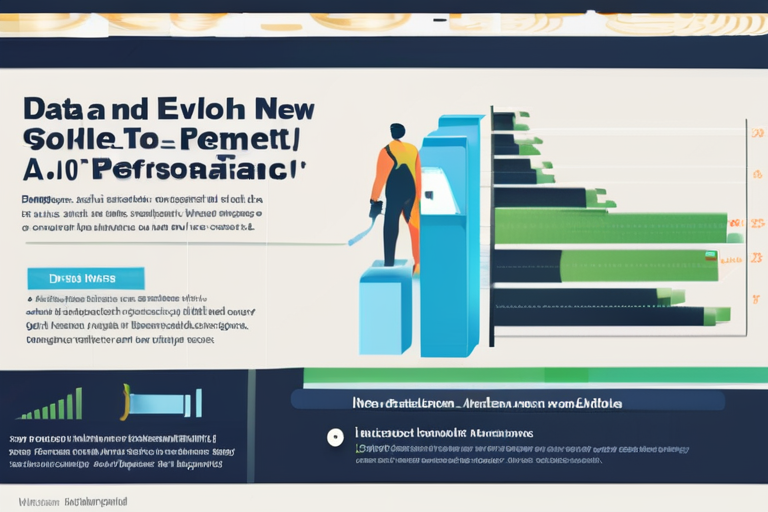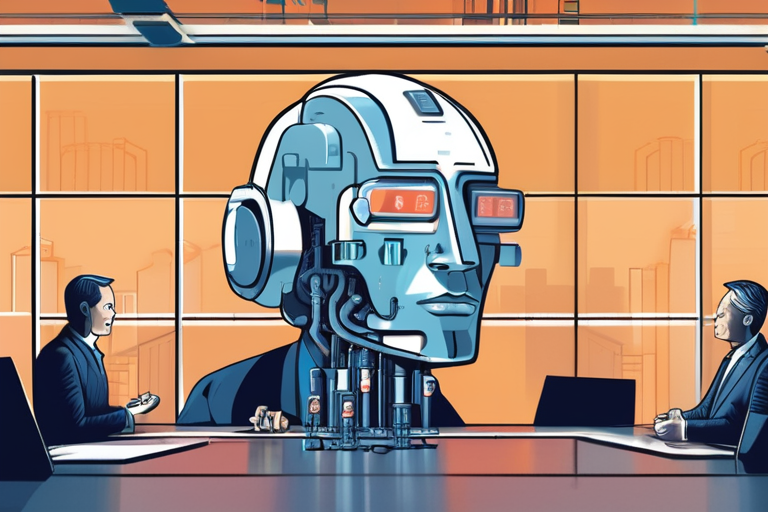In a remarkable turnaround, the business landscape is witnessing a seismic shift, as companies across the United States are rapidly embracing generative AI, a technology that was once viewed with skepticism. Just three years ago, most companies treated generative AI as an uncertain curiosity, but today, it's hard to find a Fortune 500 company that isn't rethinking core processes to leverage its potential. This momentum is only accelerating as 2026 approaches, with leaders racing to determine how to operationalize this technology.
Behind this transformation lies a story of how companies are overcoming initial concerns and embracing the benefits of generative AI. The third annual Wharton Human-AI Research (WHAIR) study, conducted with GBK Collective, provides a glimpse into this shift. The survey of 800 senior leaders in finance, IT, HR, and other functions at U.S. companies with more than $50 million in annual revenue reveals that 88% expect to increase generative AI investment in the next year, and 62% expect budgets to rise by more than 10% within two to five years.
This marked reversal from 2023, when concerns around data leakage, regulatory liability, and cybersecurity risks held back widespread adoption. However, as companies began to understand the potential of generative AI to drive innovation, improve efficiency, and enhance customer experiences, they started to reevaluate their stance.
One company that has made significant strides in embracing generative AI is IBM. The technology giant has invested heavily in developing its own generative AI capabilities, which it now uses to improve customer service, streamline operations, and enhance product development. According to IBM's CEO, Arvind Krishna, "Generative AI has the potential to revolutionize the way we work and interact with each other. We're committed to harnessing its power to drive growth and innovation."
Wharton marketing professor Stefano Puntoni, co-director of the WHAIR initiative, notes that the shift towards generative AI adoption is progressing at an eye-opening pace. "I don't think there's any company that now says, 'Generative AI isn't for us,'" he says. "The benefits are too compelling, and the risks are being mitigated through careful planning and implementation."
Puntoni's comments are echoed by other industry leaders, who see generative AI as a key driver of growth and competitiveness. "Generative AI is not just a technology; it's a business imperative," says Sundar Pichai, CEO of Alphabet and Google. "It has the potential to transform industries and create new opportunities for innovation and entrepreneurship."
As companies continue to invest in generative AI, the market is expected to grow significantly. According to a report by MarketsandMarkets, the global generative AI market is projected to reach $13.6 billion by 2027, growing at a CAGR of 34.6% from 2022 to 2027.
As the business landscape continues to evolve, one thing is clear: generative AI is no longer a risk, but a business imperative. Companies that fail to adapt and leverage this technology risk being left behind. As Puntoni notes, "The question is no longer whether generative AI will matter; it's how to operationalize it and unlock its full potential."


























Share & Engage Share
Share this article